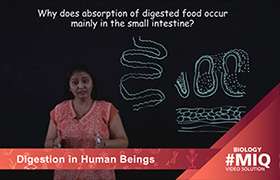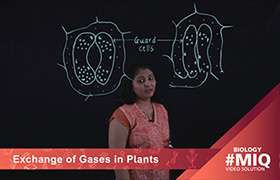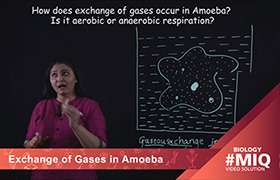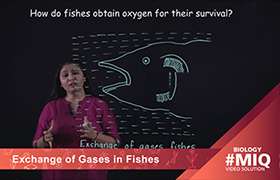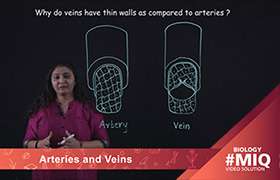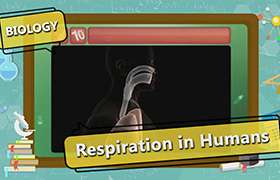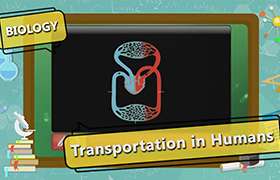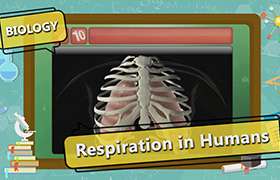CBSE Class 10 Answered
Only a small amount of fat is digested in the stomach by gastric lipase, a fat-splitting enzyme. Essentially, most fat digestion occurs in the small intestine. First, the fat globules must be broken into small sizes so enzymes can act. This emulsification is accomplished under the influence of bile, a secretion of the liver. Bile is stored in the gallbladder and drawn upon as needed. Bile contains a large amount of bile salts, the main function of which is to make fat globules break down.
This emulsification is essential to fat digestion, for the lipase (fat-splitting enzymes) can act on the fat globules only on their surfaces. The smaller the fat particles, the better the digestion. Pancreatic lipase is the most important enzyme in fat digestion. The epithelial lining of the small intestine also releases a small amount of lipase. Both lipases (pancreatic and intestinal) act to digest fat. Bile salts also form micelles (small sphericle globules). These micelles help remove the end products of fat digestion so further fat digestion can continue. When bile salts are in adequate supply, about 97 percent of fat is absorbed.
Upon contacting the membrane lining of the small intestine, the end products of fat digestion become dissolved in the membrane and diffuse to the interior of the cell. As the split fat molecules enter the lining cells, intestinal lipase helps to further digest them. Triglycerides are formed in these cells and, along with cholesterol and phospholipids (other absorbed fat), they are given a protein coat. These final fat products pass into spaces between the cells and into the villi. Most of these fatty acids are then propelled, along with lymph (a fluid) by the lymphatic pump system. About 80 to 90 percent of digested fat is absorbed in this manner. Small amounts of fatty acids are absorbed directly into the blood going to the liver.
For the remaining questions, post each query separately.

